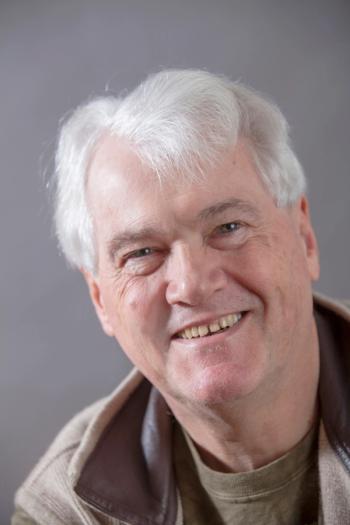
A Conversation in Critical Psychiatry with Peter J. Whitehouse, MD, PhD.

A Conversation in Critical Psychiatry with Peter J. Whitehouse, MD, PhD.
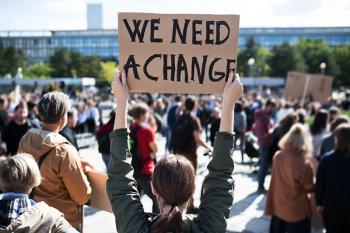
The increase in repeated disasters and associated social stressors linked to global warming is likely to affect the mental wellbeing of billions of persons in the 21st century.

Early on, psychiatry accepted the idea that unconscious psychology affected the body to cause disease. By the 1970s, the rise of psychiatric drugs pushed the field in a biological direction, and by the 1980s, psychoanalysis was in full retreat, at least in the halls of psychiatric power. S. Nassir Ghaemi, MD, adds to the debate.

The author shares some thoughts on the current state of biopsychosocial model as well as the new proposed reinterpretation of BPS as a theory of causality.

A reformulated biopsychosocial paradigm can be clinically useful. How? Keep reading.
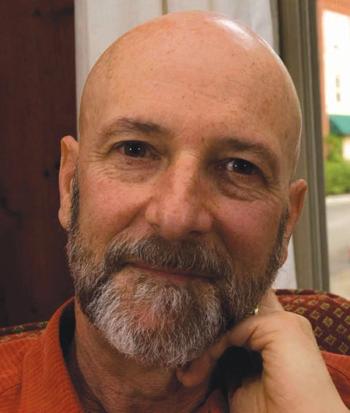
The past is prologue riding close behind. Give up your practice? And do what instead? Psychiatrists are not the retiring kind!

Many patients can benefit from herbs with gentler action, fewer adverse effects, and some health benefits beyond their antidepressant effects.
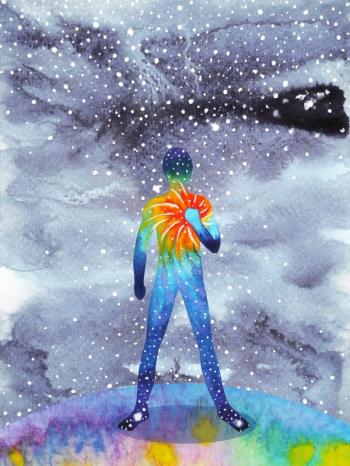
According to male rape myths, boys and men cannot be sexually abused. The truth is, the figure is staggering. Yale Psychiatry’s Joan Cook, PhD, offers new insights working with this population.
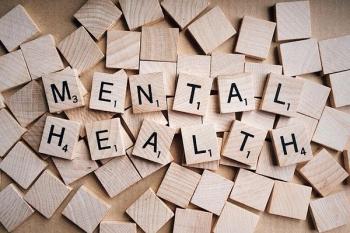
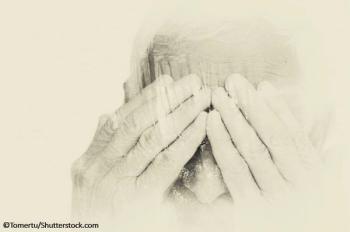
This CME activity provides an understanding of treatment resistant depression (TRD) in elderly patients.

Although there is ongoing political crisis in Hong Kong, many people are confident that the crisis will resolve. However, the mental health crisis may last for decades.

Public endorsement for potential benefits of the marijuana plant is at an all-time high, even in vulnerable populations, such as pregnant women.
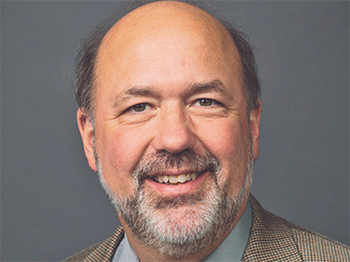
Here we are-beginning a new day and a new decade-and, once again, we are filled with excitement, hope, anxiety, and fear.

New research highlights the critical need for quality addiction treatment, especially for younger patients. The lead author provides insights about interventions and obstacles to treatment in this Q&A.

The mixed bag of emotions described here should be familiar to any clinician, especially to a psychiatrist.

It is a new year, an election year, with impeachment looming and the Iranian conflict-funnily enough, this book is not about the President of the United States. It's all about cults.

Recognizing violent incidents as “acts of domestic terrorism” contribute nothing toward our understanding of the mental processes that drive such behavior. More in this commentary.

January is a time of reflection, fresh beginnings, and new opportunities. We are doing the same thing here at Psychiatric Times.

There is too much to learn from extreme behaviors, including those of psychiatrists.

Since a disappointingly large number of people equate the critical psychiatry movement with the antipsychiatry movement, two psychiatrists shed light on why that is not the case.

For most patients, bipolar is a disorder of depression. It’s here that they spend the majority of their days...

Immoronic: a combination of immorality and moronic. Examples are not hard to find in modern American culture, and they transcend any one political party or ideology.

This article discusses the return to work plan as a solution to the clinical and systemic problems arising from psychiatric disability.

Lemborexant (brand name DAYVIGO™) has been approved by the FDA for the treatment of insomnia in adults.

From diagnosis to treatment, paraphilias and paraphilic disorders present unique challenges for the general psychiatrist.

Sexual life is not just about sexual identity and sexual behavior.

Psychiatry can help us understand what layers of the onion exist that need to be peeled away, but the power to discard them once and for all resides within each and every one of us.

Environmental factors in addition to climate change-air pollution, toxins, noise-seem to have detrimental psychological repercussions.

As hospital-based psychiatric emergency programs around the country demonstrate the ability to minimize ED boarding, provide cost-savings, and improve patient outcomes and clinician satisfaction, the challenge will be how to keep these models of psychiatric care self-supporting.

There appears to be some confusion regarding the efficacy of aripiprazole in bipolar mania and depression and for preventing bipolar episodes.